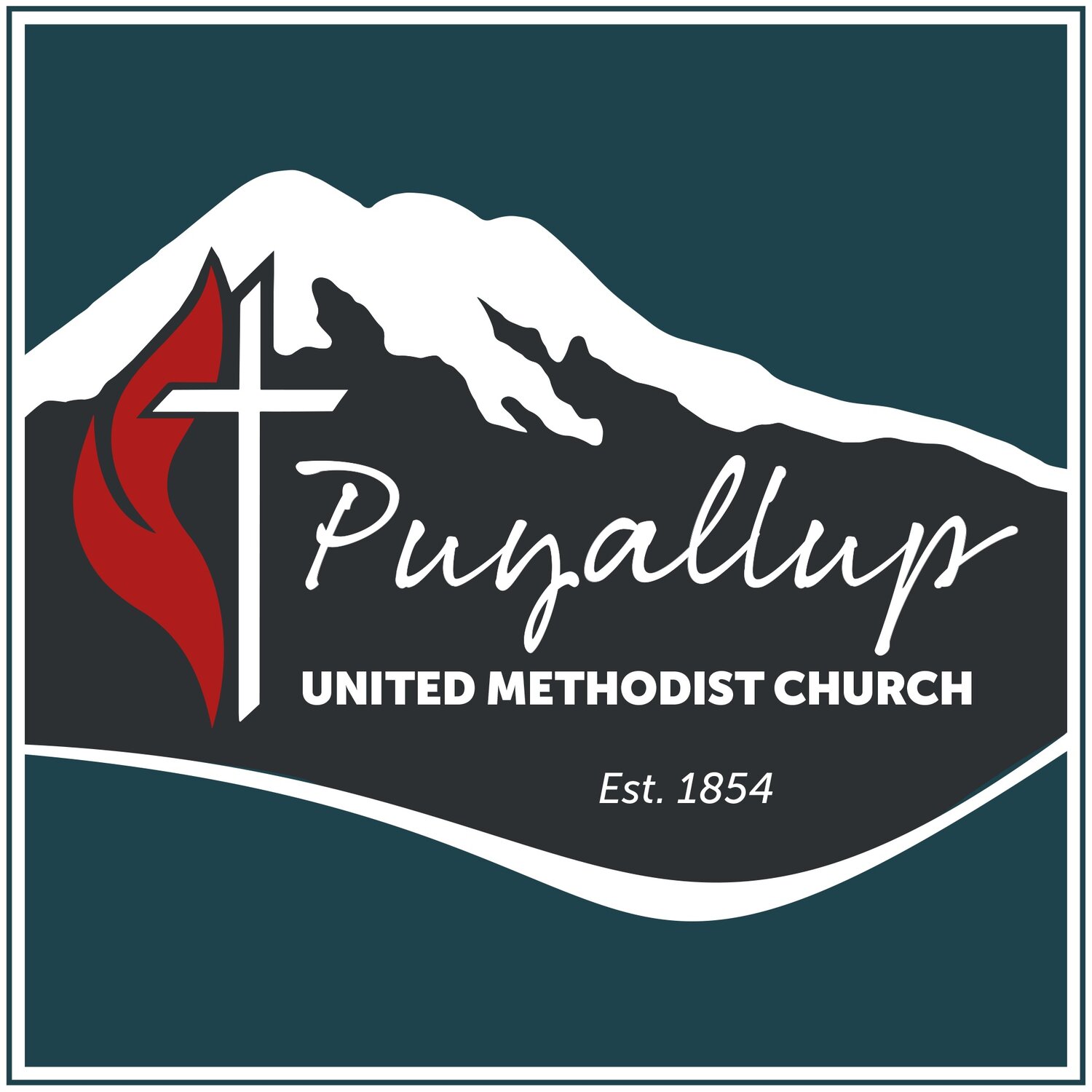Pastor Cara Scriven, Puyallup UMC
I grew up in a small town in the western part of Massachusetts, where my ancestors settled after they left Quebec and before that Normandy, France. The community was largely Roman Catholic and people were often divided by which congregation they belonged to—the Irish, the Italian, or the French Catholic Church.
Growing up in this historic town, I can recall only knowing or noticing three minority families. I didn’t know about racism or inequality during these years. I didn’t know that life was different for people of color. And to be honest, I did not know that I was white.
At a middle school or early high school peer counseling event, I first learned about race. Peer leaders of my school were sent to a state wide event in a city a couple of hours away. My classmates and I were paired with a school from Springfield, a much larger and diverse community than my own.
In our first session together, I remember entering the room and realizing I was one of only a few white people present. It wasn’t long into that session that someone used the words “colored people” to describe minorities. My classmates and I were quickly rebuked and told that the proper term was “People of Color”. I don’t remember any other details about this event, but I can recall the feelings rising in me—anger, frustration, and shock. While I couldn’t name it then, I realize now that this experience is what taught me that I was white and began my education about race.
It has taken me years to unpack this experience and to learn what it means to be white. Every day, I continue to learn new ways that I have unintentionally learned racist ideas and language and how I benefit from a racist system. Sometimes the correction is as simple as changing my language. However, other times it’s a bit more challenging. For example, a couple of years ago, my children came home saying that their neighborhood friends told them they went to the “bad school”. Helping my children understand that “bad” in this case meant that their classmates were more likely to speak other languages and come from lower income levels compared to the schools their neighborhood friends attended, was and is difficult.
Over the years, I have been blessed by the many people who taught me about racism and systematic oppression. The work of undoing all that I have been taught by society, institutions, and unintentionally by those that love me is difficult but necessary. While I continue to become more aware of the racism that I learned and benefit from, I know that I still have a lot more to learn.
Our congregation has spent the last year talking about being a hospitable place for all people. While our conversation has been primarily around welcoming people from the LGBTQIA community, everything we have been discussing is also about race. If we want to be a place where people of all colors can find their home, then we need to do the work of recognizing our own whiteness. We need to shed light on the places where our white privilege has provided us opportunity and safety that others do not experience. We need to begin to train our eyes to see racism as it exists in the systems of our society.
This is no easy task. It will require hard work on our part. We will need to lean on our value of wonder and curiosity and breathe through our discomfort and defensiveness. In the next few weeks, we will be offering a series of opportunities for you to come together and be curious about race and its role in our society. If you are interested in joining us, we ask that you fill out this form so we can offer enough small group opportunities for everyone.
In the meantime, I hope that you will listen closely to those who are speaking out about their experiences of racism in this country. Listen to the protestors. Listen to the experiences of people of color. As you do, may God grant you the courage to explore how race has played a role in your own life.


